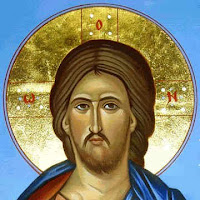Philip Turner: A Self-Defining Moment for the Anglican Communion
By Craig Uffman
May 1, 2008
A Comment on the St. Andrew’s Draft of the Anglican Covenant
I
A second iteration of a draft covenant for the Anglican Communion (the St. Andrew’s Draft) is now circulating; and it is likely that some version thereof will be presented to the Bishops of the Communion when they meet in Canterbury this summer. At some point after this gathering, a covenant proposal will be circulated among the provinces of the Communion for ratification. There is no doubt that most (though perhaps not all) of the member provinces of the Communion will ratify a covenant within the next few years. The question is really not so much ratification of the Covenant, but (1) the sort of covenant that will be ratified; (2) the way in which the provinces of the Communion comport themselves during the period leading up to ratification; and (3) how the Communion might best respond to a situation in which a province rejects the covenant but there are dioceses and parishes within that province that do not.
The ratification process promises to be stressful. Already one can see forces at work that pull in opposing directions. It is important to identify what these opposing forces are. However, the basic concern of this essay is not a lack of awareness on the part of Anglicans of the political and ideological forces at work among them. It is the possibility that, as a result of attempts at too easy a reconciliation of these forces, the ensuing draft will obscure the vision of communion from which the proposal originated in the first place. To be specific, as one reads through the responses to the drafts of the covenant, one cannot miss the fact that the differences between them stem in large measure from two very different visions of what the purpose of the covenant is. Both seek to sustain and strengthen the communion (koinonia) that binds together the various Anglican provinces. Each, however, conceives the nature and purpose of the Anglican Communion in a different way.


0 Comments:
Post a Comment
<< Home